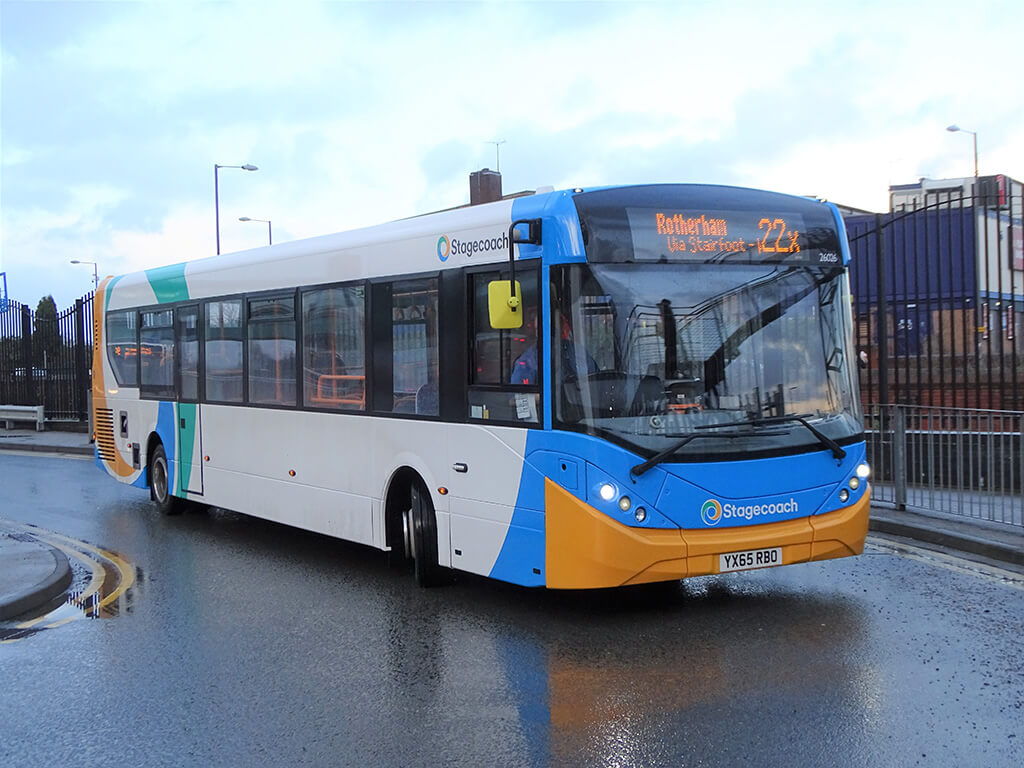Independent research carried out by the Centre for Economics and Business Research (Cebr) shows that Stagecoach’s aggregate contribution to the country is £1.63billion a year in Gross Value Added.
Stagecoach is one of the country’s largest private-sector employers. It provides direct employment for 24,000 people and supports a further 10,000 jobs. In total, Stagecoach supports one in every 1,000 jobs in the UK.

The new report ‘How we support Britain’s economy and communities’, also demonstrates the wider benefits and financial savings that Stagecoach transport services deliver by reducing congestion, making the nation more active, protecting the environment and supporting safer communities.
Stagecoach Chief Executive, Martin Griffiths, said: “We’re proud to have kept Britain connected for the past 40 years and this new report shows the huge positive impact of our transport services to the economy and our communities.
“As regions across the country face up to the challenges of congested roads, declining air quality, ill-health and pressure on our high streets, it is vital that local authorities maximise the power of the bus to deliver safer, healthier and more prosperous places for people to live.”
Cebr analysis shows people using Stagecoach buses rather than cars helps avoid millions of pounds of wasted resources every year, with the savings able to be invested in better public services:
Safer communities: £44.2m saved in costs associated with road traffic accidents such as loss of earnings, medical costs, emergency services and damage to vehicles, which could fund more than 750 extra salaried GPs;
-
- Healthier communities: £13.3m saved in healthcare costs, which is the equivalent to the costs of over 83,000 people being seen in A&E;
- Cleaner communities: £12.4million saved in emissions costs, which could power 9,800 homes for a year; and
- More mobile communities: £343m in potential congestion-related savings from a reduction of 22 billion miles of traffic. Each double-decker bus can take more than 70 cars off the road.
Stagecoach pays £710m a year in wages and employee benefits, as well as generating £220m in income-related tax contributions.The analysis by Cebr also detailed the breakdown of specific contributions that Stagecoach services make across the regions of the UK.
Cristian Niculescu-Marcu, Director of Analysis and Head of Microeconomics at Cebr, said: “Stagecoach makes a substantial economic and social contribution to the UK economy, supporting one in every 1,000 jobs and underpinning regional communities across the country.”
From spring 2020, Stagecoach will deliver the first vehicles as part of a £13m investment in new electric buses, with nearly 50 being introduced in Greater Manchester and Caerphilly, South Wales. By the end of 2020, Stagecoach estimates it will have more electric vehicles than any other major UK bus operator, and says carbon emissions from its businesses have been reduced by 14% over the past five years as a result of measures introduced as part of the company’s sustainability strategy.

